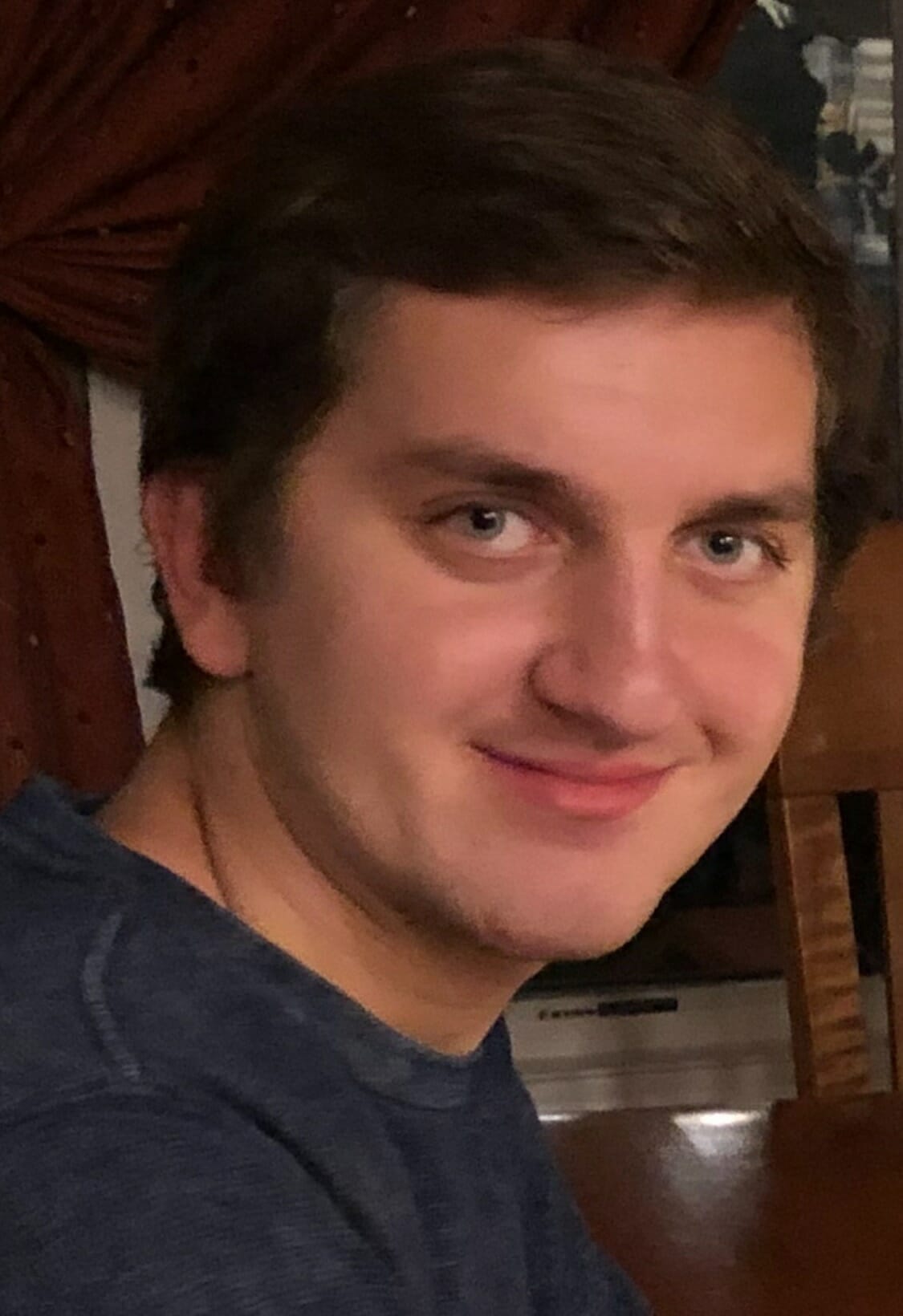A seven-year old Jenette thinks this as she brushes her mother’s hair. Any pause and her mother nudges her, ‘Why’d ya quit brushing?’ Expressing any interest of her own would risk provoking her matriarch to a tantrum. Tears welling in her eyes, Jenette’s mother, Debra, pressures her into getting Nutty Coconut ice cream when she wants Cookies and Cream. But this is mild compared to other moments of mother-daughter bonding. Her mother reminds her with a religious rewatching of her trial at a cancer ward, how Jenette naively and joyfully sang, as a little girl might do, when she should have pined remorselessly for her sick mother. Her teary-eyed brothers, it seemed, got the message. Why can’t Jenette be more like them? Every choice, we learn, consequential as being a child star or miniscule as the shampoo she uses, is micromanaged by a maternal avatar-user with a vicariously lived acting career.
The actress behind iCarly’s tough tomboy Sam Puckett reveals a bitter world of insecurities and abuse, prettified and sugar-coated as she was for TV stardom, in her autobiography I’m Glad My Mom Died. The front cover, a hair-sprayed, lip-glossed, pink-suited, and on-cue smiley version of Jennette, captures the contrast so acutely recorded in the book.
We learn why Debra controls her daughter to the extent of guiding her showers until she is sixteen. She craved the glamor of Hollywood stardom all her life, but, as she drills into Jenette’s head so that she says it on cue, Grandma and Grandpa didn’t let her. Debra uses forceful guilt-tripping to get what she wants from agents, her family, and especially Jenette, repeating her well-rehearsed cancer story whenever it proves convenient. She even threatens her husband with a knife and shouts ‘Abuse! Abuse!’ faking a fall as though he thrust her, when he really meant to defuse a situation all too common in their meager California house. Her tantrums are enough to incite the neighbor to call social services.
I’M GLAD MY MOM DIED Explores the Detriments of a Controlling Mother
What this writer found most sinister of all of Debra’s behavior is how she taught her child bulimia by way of anorexia. Despite many notices of her unhealthy thinness from both a doctor and a neighborhood friend--which are mysterious hints to a young Jennette, who wouldn’t dare suspect her best friend,--Debra willfully ignores the drastic health consequences of molding her daughter into Barbie-sized dimensions.
Jennette keeps herself from eating almost everything, not least the fruit basket she gets as a gift from fellow iCarly star Miranda Cosgrove, or the saccharine snacks stacked up on the foldout tables of her sets. She either binges or picks at her food like a tantrum-y three-year-old, thanks to the habits her mother instilled in her. A particular crescendo occurs when Jennette stuffs cheeseburger sliders in her mouth on a set. On the ride back with her therapist, she feels the compulsion. She needs her fix. Her therapist entreats her to keep it all in, while Jennette wails. A song her now deceased mother used to love comes on. It is a painful but telling synchronicity.
I’m Glad My Mom Died is for fans of Jennette McCurdy as well as for anyone interested in personal struggles with bulimia and anorexia. A deeply personal autobiography, it serves a very different audience than Jennette's NICKELODEON performances, although it does give insights into the troubles children face as child actors.
RECOMMENDED
Nominate this for The Picture This Post BEST OF 2023???
Click Readers' Choice!
Price: $27.99 (hardcover); price varies by retailer
For more information and to purchase this title, please visit the webpage for I’m Glad My Mom Died on the Simon and Schuster website.
Images courtesy of I’M GLAD MY MOM DIED

About the Author: Anthony Neri
An avid philosophizer and Dostoevsky fanboy, Anthony spends his time ruminating on very deep moral questions. Is he a genuine old soul or does he feign as much for the mystique?--perhaps a bit of both. When he isn't tormenting himself existentially, he reads fiction and translates ancient Greek and Latin texts, all the while developing his own literary flourishes with the hope of producing his very own dazzling prose. Cliche? Maybe. But he figures everyone starts out as a cliche.







